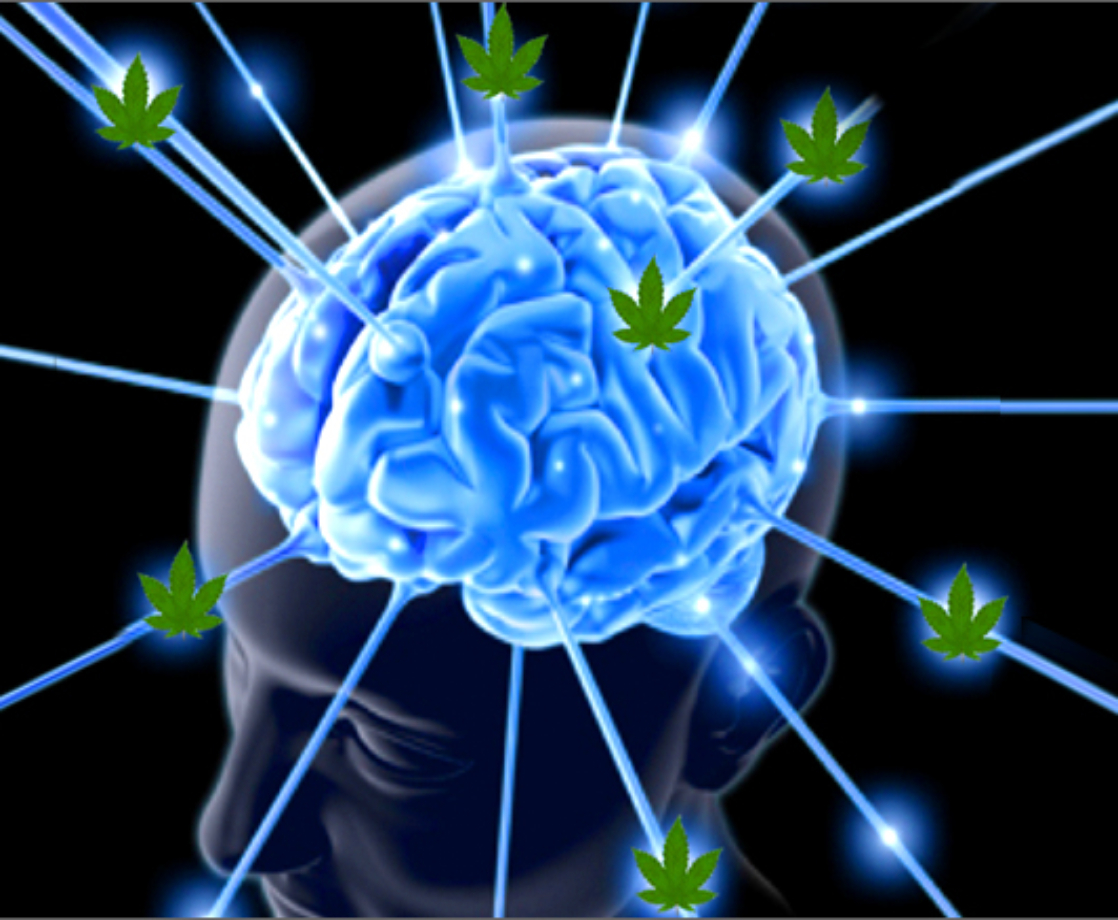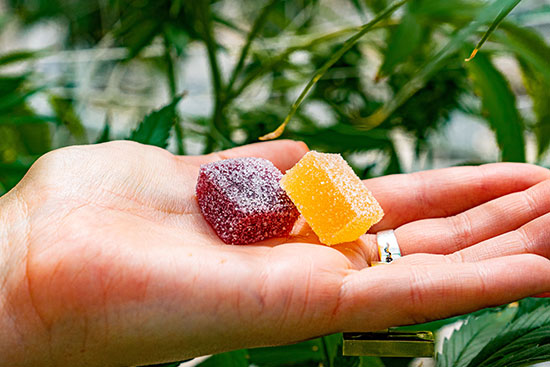Cannabis is renowned for its ability to help people mellow out after a stressful day. But, until now, researchers have not discovered a biological explanation for why this happens.
A new research study, recently published in the journal Neuron, finally shed some light on how cannabis helps the brain fight off an anxiety attack. This study builds on prior research that highlights an “anxiety super-highway” in the brain that scientists believe could be responsible for anxiety disorders and attacks.
This “super-highway” connects the amygdala, the part of the brain responsible for processing emotions, to the prefrontal cortex, which is in charge of decision making, impulse control, and social behavior. When a person (or animal) is exposed to stress, these two areas link together, producing neurochemicals that excite the brain, making anxiety levels increase.
“The circuit between the amygdala and the frontal cortex has been shown to be stronger in individuals with certain types of anxiety disorders,” said Sachin Patel, study co-author and Vanderbilt University researcher, to Inverse. “As people or animals are exposed to stress and get more anxious, these two brain areas glue together, and their activity grows stronger together.”
The brain also produces something that can break this glue, however. Researchers discovered that a molecule called 2-AG can disrupt the production of neurochemicals along this pathway, causing anxiety levels to collapse. The current study has identified that 2-AG works by activating endocannabinoid receptors in the brain — the very same receptors that are activated when a person uses cannabis.
In the study, Patel and his colleagues exposed mice to acute stress for 24 hours and then put them into a maze. While the mice ran through the maze, researchers measured their anxiety levels and brain functions. Under normal circumstances, 2-AG dampens the communication between the amygdala and the prefrontal cortex, regulating anxiety. But after being exposed to stress, 2-AG seemed to break down, and the pathway between these two parts of the brain strengthened, increasing anxiety.
Patel hopes this research will eventually lead to a new drug that can mimic 2-AG, using the body’s endocannabinoid receptors to stop anxiety from building. “If proven effective, this type of medication would be taken to cause a continuous elevation in 2-AG levels in the brain,” said Patel to Inverse. But before this medication can be developed, more research must be conducted.
“We still do not know how enhancing 2-AG levels will affect humans with stress-related disorders such as PTSD, and whether 2-AG signaling is compromised in patients with PTSD or other anxiety disorders,” Patel explained. Eventually, Patel hopes that this research can lead to a new drug that “would allow one to experience some of the beneficial effects people use medical cannabis for, in terms of anxiety and stress-relief, without some of the side effects.”
Although Patel hopes to avoid using medical cannabis altogether, his research provides a scientific explanation as to why cannabis can naturally help reduce anxiety. Researchers within the cannabis field could potentially use this study to help them discover a natural, plant-based medicine that could treat anxiety — as well as offer an alternative to prescription pills pushed by Big Pharma.











